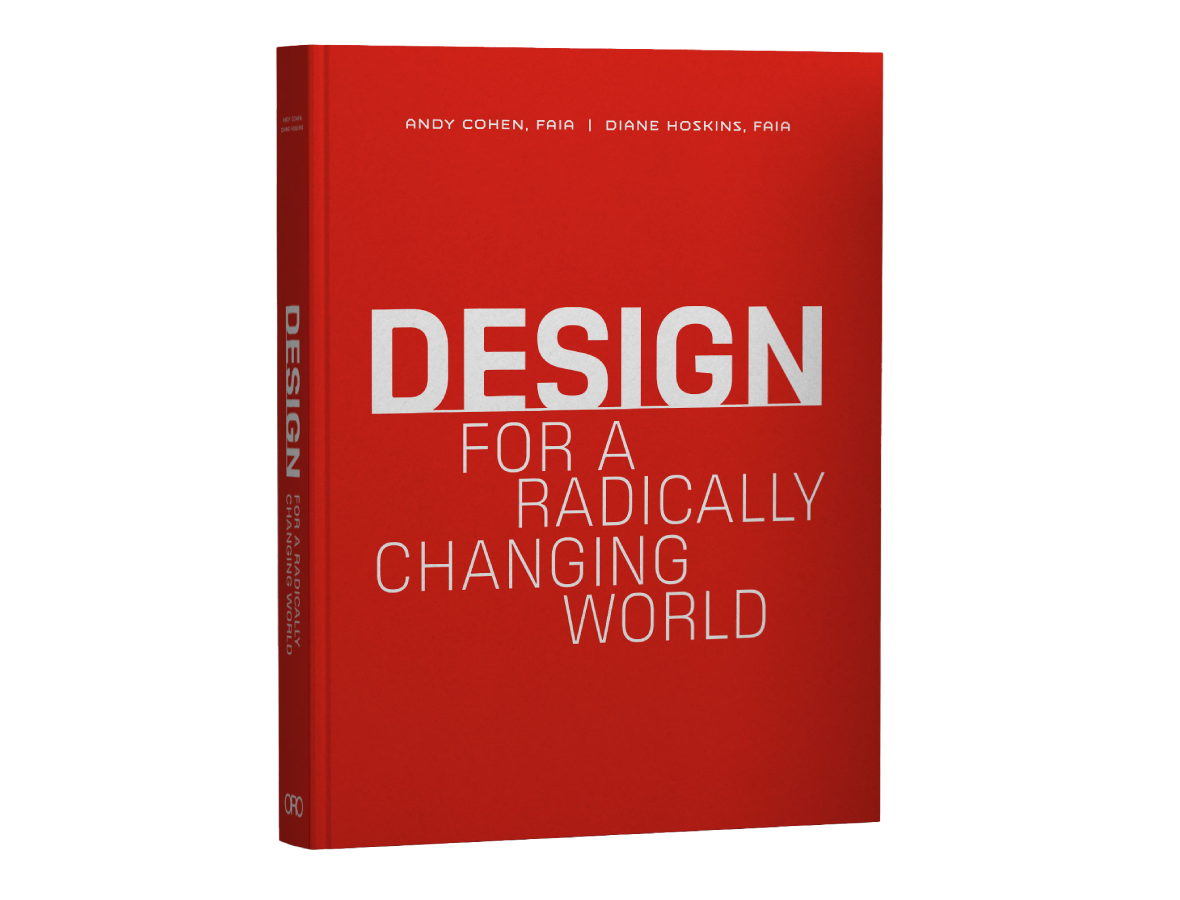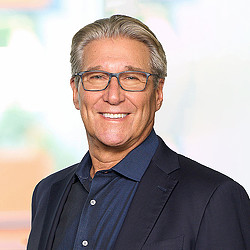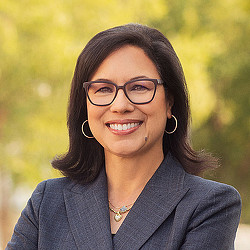Designing for Ageless Communities
February 20, 2024 | By Andy Cohen, Diane Hoskins
Editor’s Note: The following excerpt is from Design for a Radically Changing World, by Gensler Global Co-Chairs Diane Hoskins and Andy Cohen.
Community health and urban design have always been connected. Urban planning is primarily about the design of systems, and the health of city residents has historically been intrinsically bound to the practice of urban planning. A search for solutions to the cholera outbreaks in London in the early 19th century led to improvements in sanitation. Tuberculosis in New York in the early 20th century spurred improvements in housing regulations and public transit. SARS in Asia led to upgrades in medical infrastructure and systems to monitor and map disease. Epidemics have long shaped city life. The opportunity we now face is to use what we’ve learned to improve human health in the post-COVID era, and to design cities and buildings that are resilient in the face of future health crises.
Evolutions in technology, and the effect of broader consumer culture on the health and wellness industry, are driving rapid change in how we interact with and receive healthcare. Widely distributed healthcare networks will impact how people access services. Drop-in clinics, virtual doctor visits, and community-based wellness offices are becoming ubiquitous, with potential to eventually replace hospitals or traditional doctors’ offices. In these facilities, lobbies and waiting rooms can be reimagined as active health and wellness concourses. We can create places where the community can access medical advice, participate in classes, or connect with other patients for support. Design can help make the patient experience more customized, informative, and humane.

The world’s population is also living longer, creating new strains on, and opportunities for, our global healthcare systems as increased longevity changes not only the way we need to deliver and receive care but also how we think about the future of living, and working, through the lens of an aging population. “Today, adults over 60 are returning to education, seeking new experiences, working beyond legacy retirement age, and are more in tune with the digital world,” notes a 2023 report from the Gensler Research Institute. And not only are older adults changing their approach to working, education, and experience, they are also changing their expectations about living, creating shifts in senior living and new residential approaches to aging in place.
For media inquiries, email .


